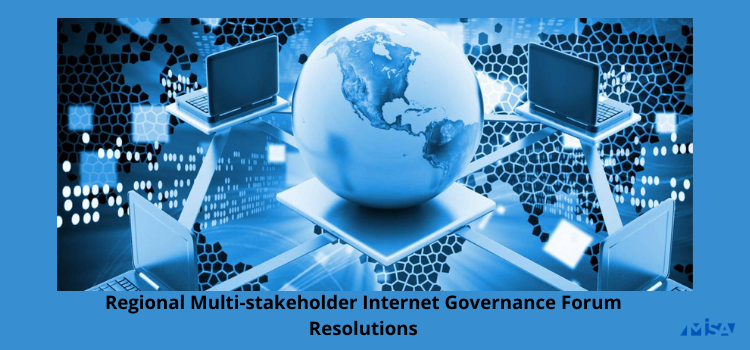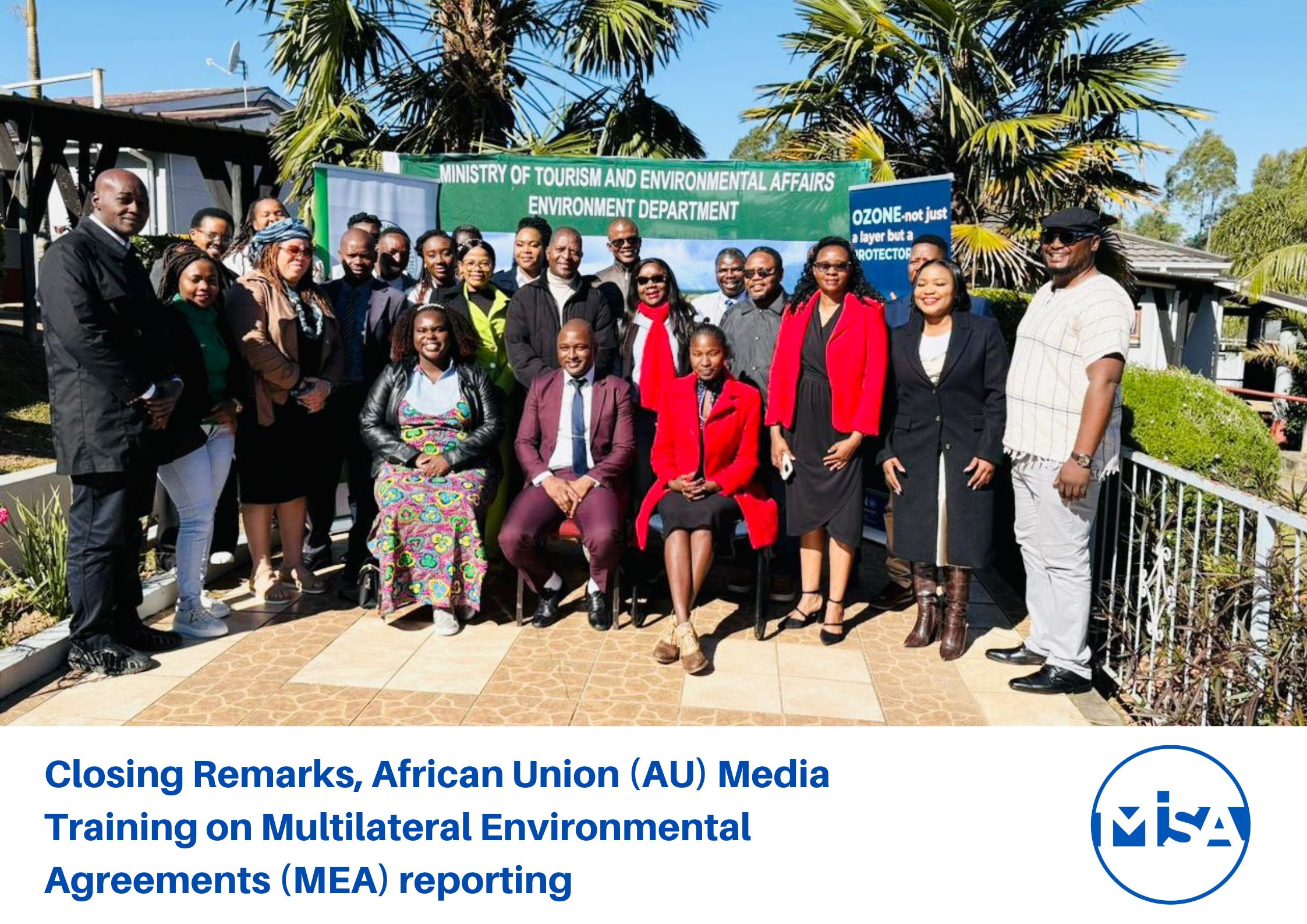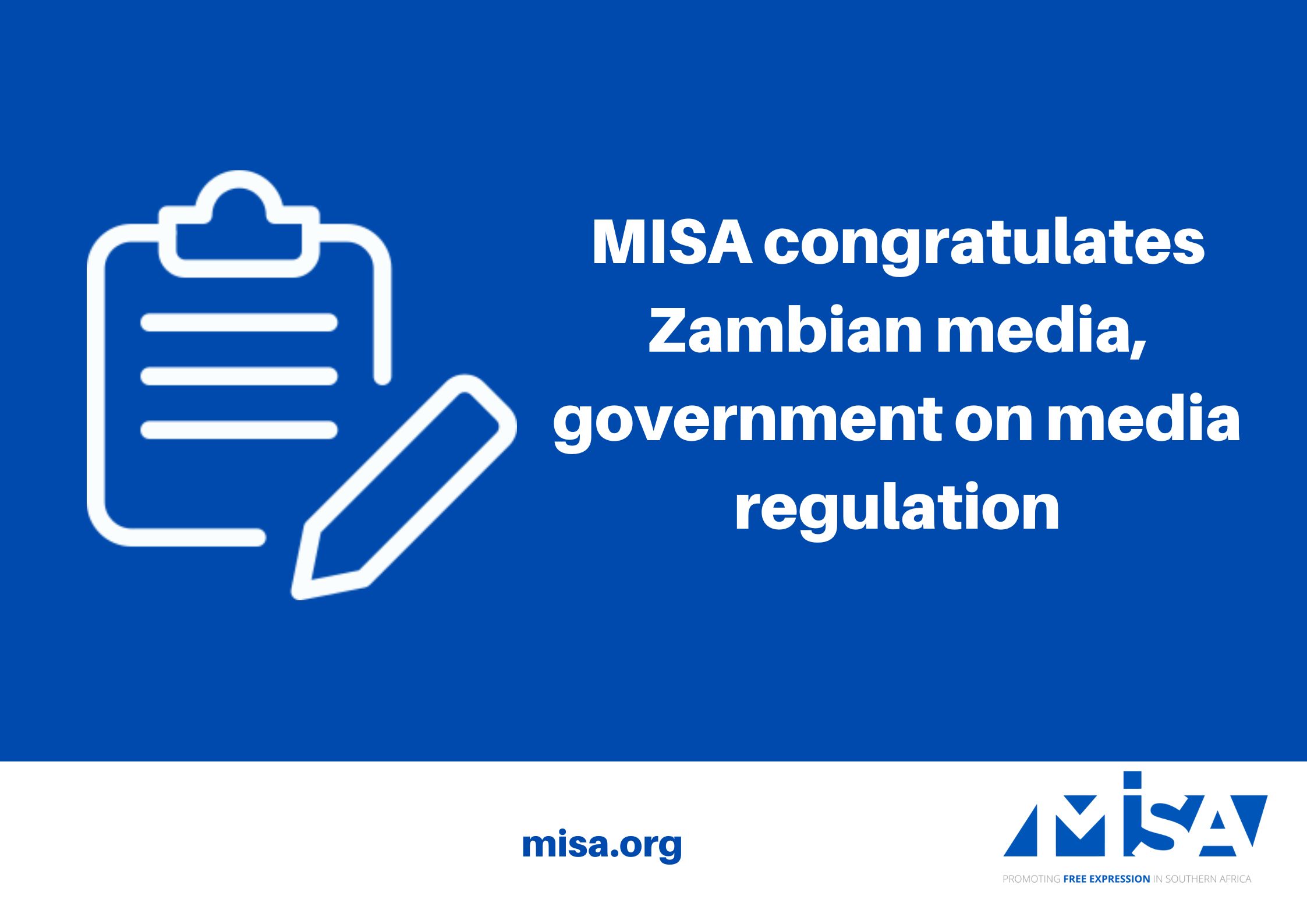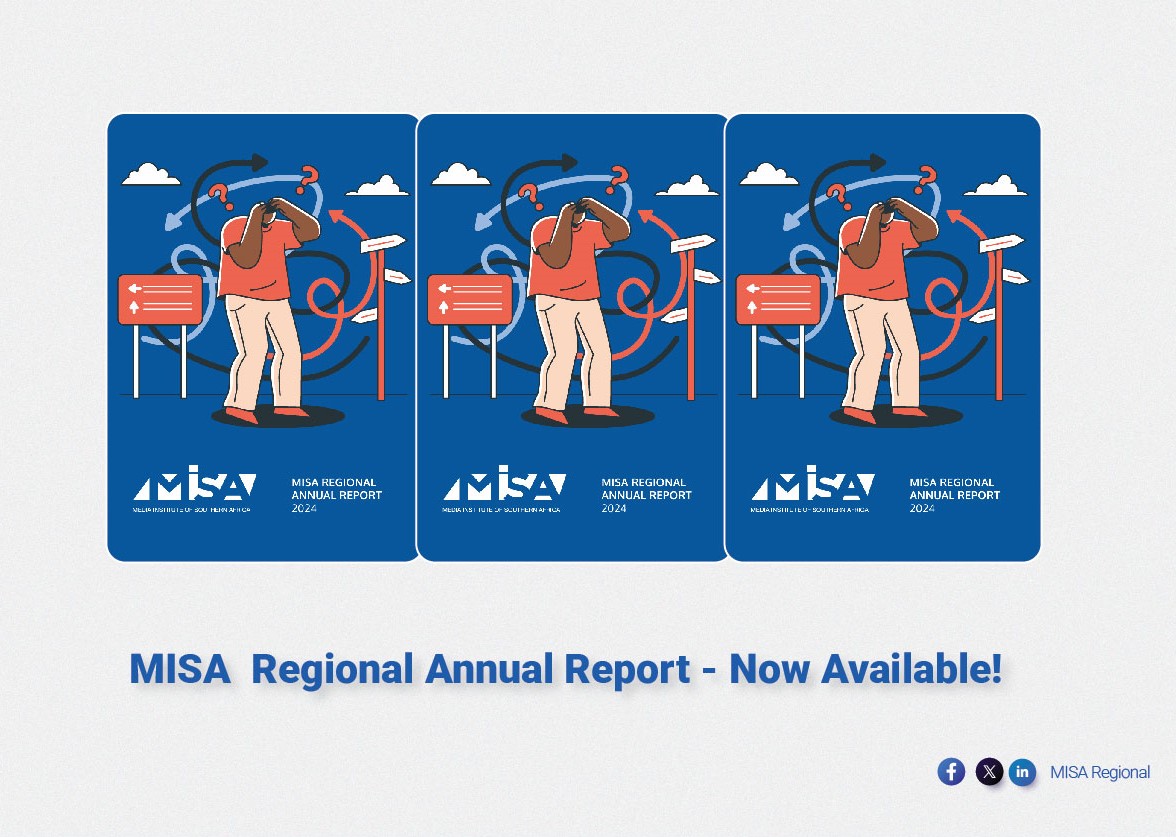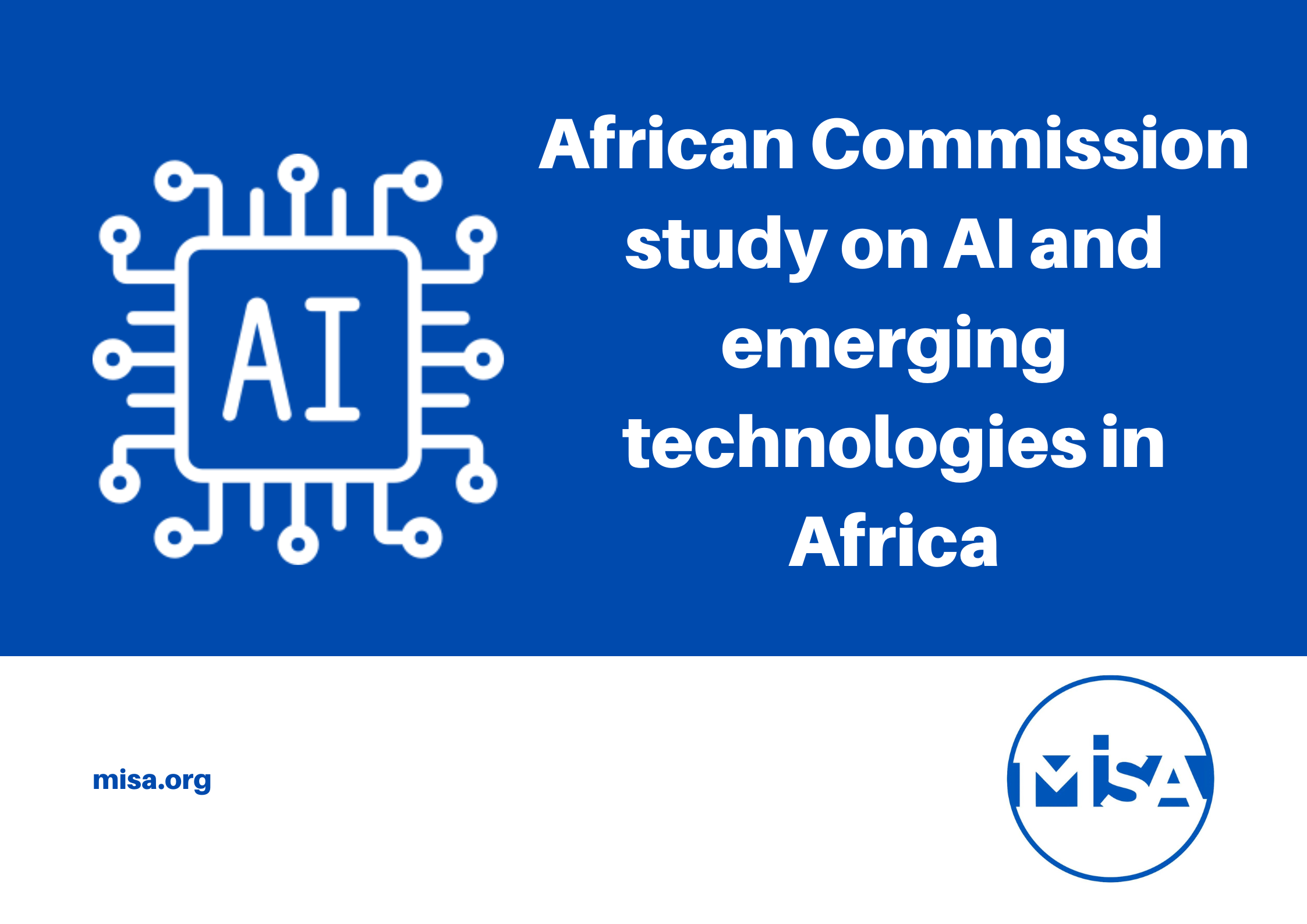The Regional Governing Council of the Media Institute of Southern Africa (MISA) and its Chapter directors organised and convened the Regional Multi-stakeholder Internet Governance Forum in Harare, Zimbabwe, on 4 June 2021.
The Annual Regional Multi-stakeholder Internet Governance Forum is an opportunity to rally support for a democratic and inclusive internet regulatory framework and to promote the role of the internet in healthy democracies globally.
Discussions by stakeholders and presentations by notable guest speakers focused on inclusive and democratic internet governance and the threats posed by government regulations, misinformation and disinformation, and the increasing attacks on journalists online, particularly female journalists.
Stakeholders thus discussed and took into consideration the following:
DELIBERATE EFFORTS BY AFRICAN GOVERNMENTS to undermine freedom of expression and of the media on the internet through the promulgation of COVID-19 regulations that seek to regulate free speech at a time when the people need accurate information to make informed decisions about their right to life and their right to health.
THAT THE NEED FOR ACCESS TO INFORMATION makes the internet an ally of the people and an important cog in fighting the pandemic.
NOTED that efforts to spread disinformation endanger journalists, inhibit the free flow of information and images and infringe upon the public’s right to know the truth about their communities and their world.
FURTHER, that the cost of access to the internet continues to be prohibitive, with many citizens of Southern Africa failing to access the internet at a time when it has become central to people’s lives.
AFFORDABLE ACCESS to information allows citizens to access information and to express themselves freely and by so doing helps to hold those in power accountable.
THUS, where the internet is expensive and out of the reach of the ordinary people, this becomes a huge threat to citizen participation and democracy, as citizens are less likely to participate and make informed decisions about how they are governed.
HAVING DELIBERATED on the issues at stake, delegates to the Regional Multi-stakeholder Internet Governance Forum, thus called on Southern African governments to take all measures necessary to provide a framework and infrastructure that allows for affordable and accessible internet by the majority of the citizens;
FURTHER RESOLVED that governments should ensure that cybersecurity regulations are informed by the revised principles of the African Commission on Human and Peoples Rights Declaration on Freedom of Expression and Access to Information which recognises the internet as a fundamental right;
NOTING that governments, particularly those of Botswana, Zambia and Zimbabwe, have acquired spyware that allows them to snoop on citizens, and that this is in violation of both domestic laws on the protection of the right to privacy and ACHPR’s frameworks;
DELEGATES called on these countries to be transparent about the acquisition and use of such technology;
IT WAS FURTHER RESOLVED that countries that enacted repressive legislation during the outbreak of the COVID-19 pandemic, come up with a roadmap to review and repeal the laws in question;
DELEGATES further demanded that regional governments come up with regulations that protect the rights of minorities and vulnerable people online, particularly women, children and people living with disabilities.




